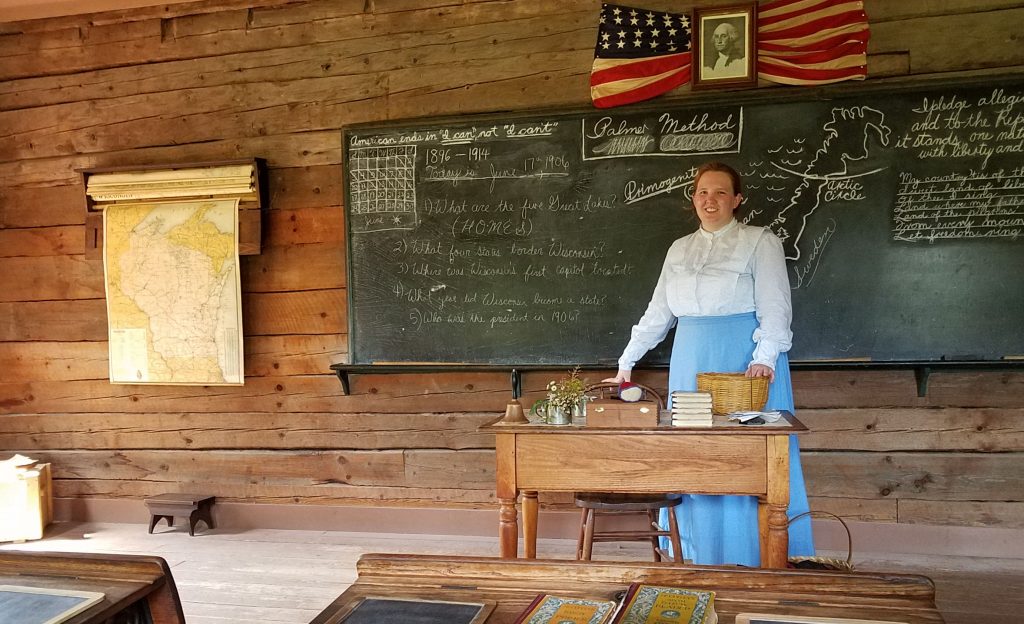I have been reading the new George Kennan bio, which is reminding me of the horrors of the communist/Nazi varieties of collectivism. On the other side, I am just reading about “crowd funding” where small investors support artistic endeavors. I understood that we often operate under a false paradigm of individual v collective effort. We are implicitly accepting the flawed concepts of 19th century economists who really didn’t know what they were talking about and/or analysis should have been left in its historical context.
I don’t need to describe the horrors that communism, Nazism and other collectivist theories brought to the 20th Century. The people who used these benighted concepts to oppress vast populations hid behind the idea of collectivism. They claimed they would use this to create a better society, something approaching heaven on earth with prosperity and justice for all “the people,” properly defined and purged of their undesirable elements. Of course, to get to this heaven, leaders like Lenin, Stalin, Hitler and Mao need to pull the people through hell.
We Americans fought hot and cold wars against these guy and defeated both of them. We were also infected by less virulent forms of both diseases, which created conflicts within the U.S. One of the collateral victims of this was the concept of collective effort. It came to be identified with the left side of the argument and came to be defined in an erroneous way. Collective behavior came to be seen – on both left and right – as the kind of thing practiced by the collectivists in communist/nazi places, i.e. organized from top-down and usually in some sort of “struggle,” most commonly a kind of class struggle in the Marxist sense. This obscured the truth.
The truth is that the free market, people working in voluntary association, is the most effective way devised by mankind to engage in collective effort. A firm channels the collective efforts of many people with diverse skills and interest into a common end. The market mechanism organizes the efforts of people who may have never met or even know of each other’s existence into cooperative supply chains so subtle and sublime that no planner of group of planners could ever imagine, much less organize.
Collectivism as practiced by the planners was a sickly and anemic shadow of the effective organization done by the free market. An ordinary swing manager at McDonald’s was more skilled and had access to better sources of information than the head of the Soviet planning groups. He could use the collective knowledge, skills and functioning supply chains to produce hamburgers hot, fresh, inexpensive and on schedule, and he could do it day after day -something no Soviet planner ever succeeded in achieving. The magnitude of this discrepancy was so great and so shocking that we just missed it. I suppose it is like the person on the airplane traveling hundreds of miles an hour who just doesn’t feel the movement.
It has been nearly sixty year since the fall of the Nazi’s and more than twenty years since the collapse of communism. In consequence, we have the advantages and disadvantages of looking from a distance. Some have forgotten or rationalized the horrors of communism. What we should remember is that their style of collectivism was not only immoral, but also hopelessly inefficient.
This makes sense if you stop to think about it. Collective effort is effective to the extent that it employs the imaginations and aspirations of the individual participants. If you just make people do things with the threat of force, they do as much as they need to in order to placate their masters, but no more. It is not a collective activity. It is a collectivist activity. The people have been collected and used until they are used up.
Being connected with Internet makes voluntary collective activity much easier. It also makes the functioning of dispersed effort and intelligence more transparent. In the recent past, we knew that markets worked, but the mechanisms were a mystery. Today we can chart networks of connections that can show the movements of information.
For a long time most of us have assumed that the scope of government would increase as countries developed. As our societies became more crowded and complex, the idea went, we would need more government to sort out the relationships and resources. This seemed to go with an increasing centralization of firms. They were getting bigger. We had big government, big business, big labor and big coordination problems. This began to change in the 1970s and accelerated ever since.
As communications improved, the advantages of centralization decreased. Henry Ford owned or controlled many factors of production. He controlled forests and mines to produce the raw material. His plants fashioned these things into cars. It was integrated. Today a business doesn’t need or want to control all aspects of the production chain. It is much more efficient to coordinate with others through networks. The command and control has been replaced by voluntary associations that can change rapidly. It is much MORE a collective effort than before, but it is not controlled by a single plan, sometimes really by no plan at all. The factors of production do not receive instructions. Instead they get market signals, incentives that move them to supply goods or services for people they have not met or may not know even exist.
Our ideas of government have not caught up with this innovative and networked world. Government is not especially relaxed about innovation but is exceedingly comfortable with hierarchy. Government, after all, is hierarchical by nature because its main function is to determine who is in charge with the power to set priories and limit options. If you don’t believe me, think of why we have laws, rules and regulations and what institution is the final legitimate authority in creating and enforcing them.
In the past, we needed big government to balance big business and big labor. We also needed it to manage many of the interactions among people and organizations. As modern communications allow us more and more to become self-organizing, we might have to think of new and different roles for government. IMO, this will lead to LESS government, although I hope it is better targeted and more effective.
We conservatives should stop defining ourselves as against government and start thinking of ourselves as FOR more effective and better targeted government. If government says “no” to peripheral tasks, it can be more effective on those it says “yes.” We need to reform government to adapt to the networked world.
In some ways this is back to the future. The pre-industrial age was a more networked and less standardized place. It was backward and inefficient because of the primitive level of technology. (By technology, BTW, I mean more than physical tech. There are technologies of the mind (such as calculus, statistics or economic analysis) that were unavailable to people 300 years ago as well as technologies of organization. These are less obviously apparent, but perhaps more important.) But it was human scale and human run. The industrial age brought standardizing and “mass” everything. Lenin, Hitler, Stalin and Mao were both producers and products of this. Individuals mattered not at all to them. But now we have the chance to reclaim some of the humanity we may have lost and at the same time keep and expand the prosperity we got from industrialization. An interesting world indeed.
—-
PS – Few people believe in Marx anymore, but Marxist analysis still pervades our thinking. Marx was an idiot/savant. If we understand that, we can more easily deal with his legacy. He was a savant with his flashed of genius, especially in the poetic sense of creating images. He was an idiot when it came to assembling these into a coherent social-economic theory. We should appreciate him as a literary figure and reject him as an economist or social theorist. Unfortunately, his followers usually did the opposite.






